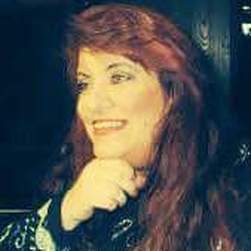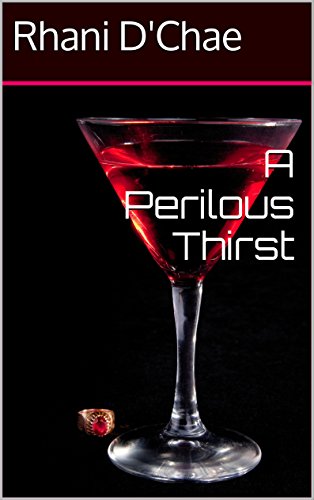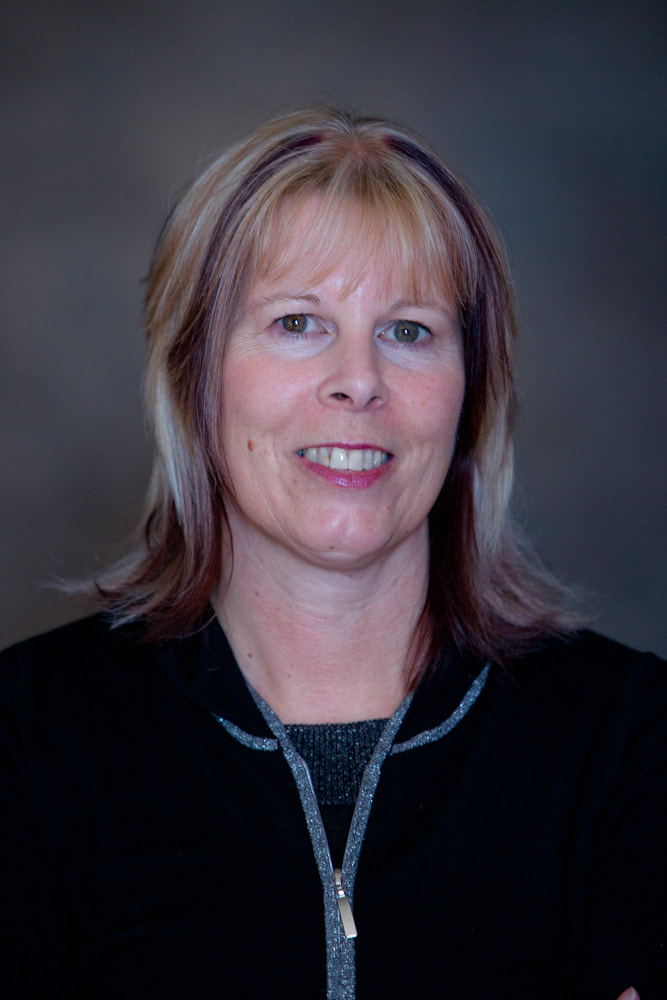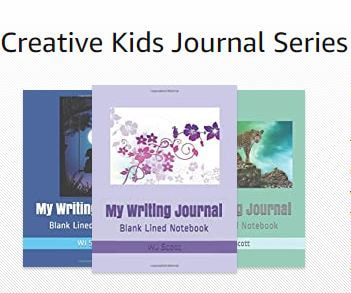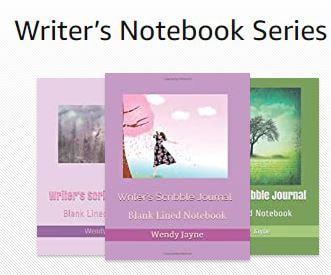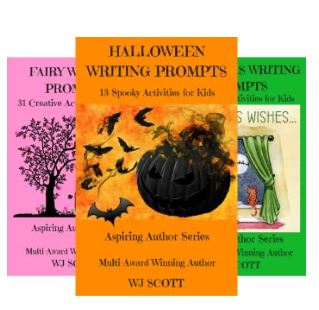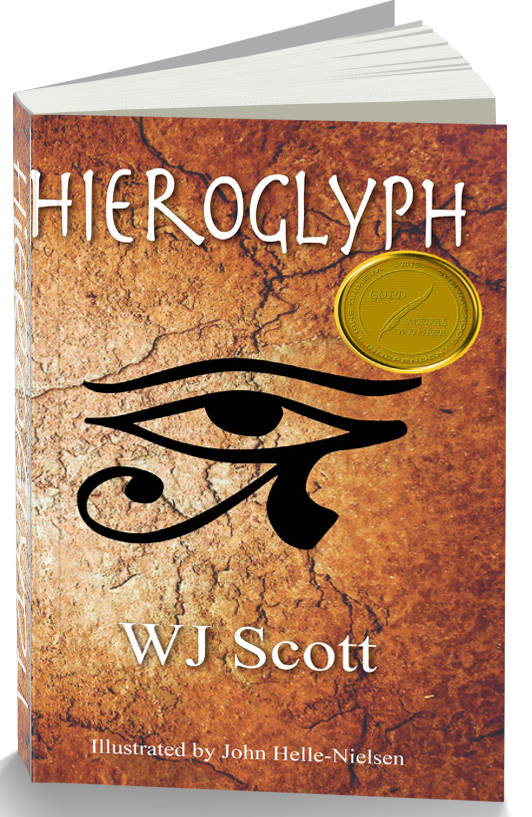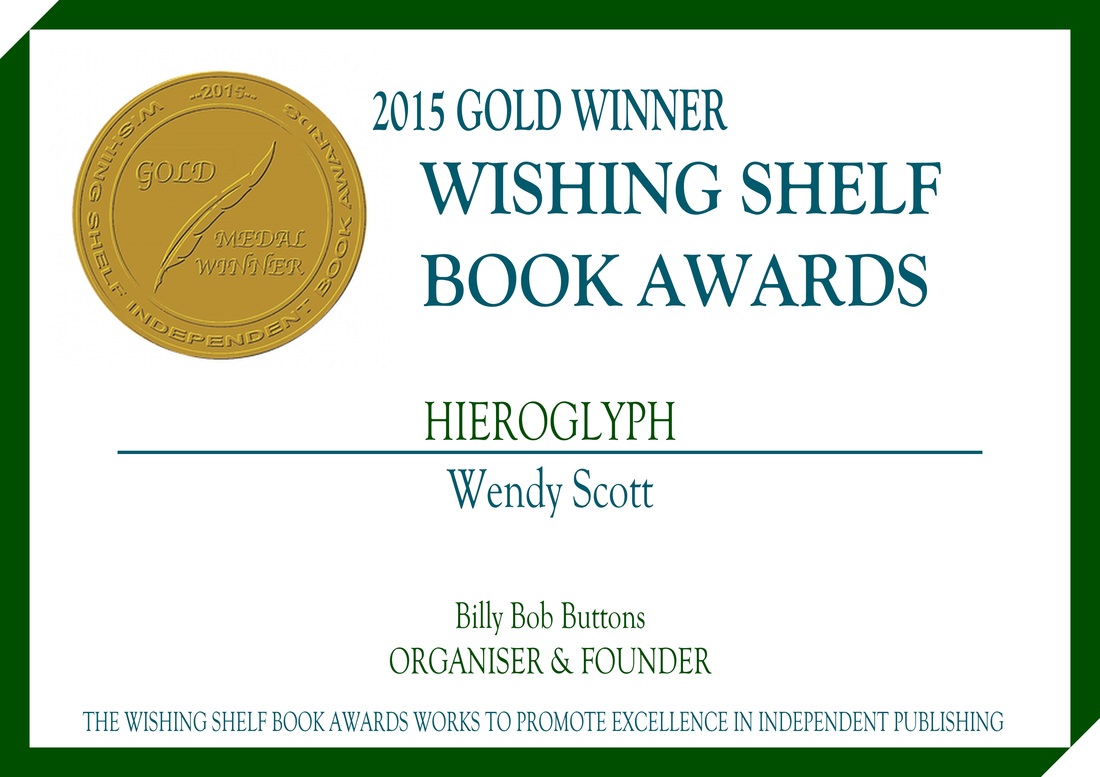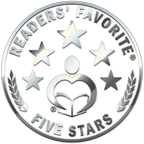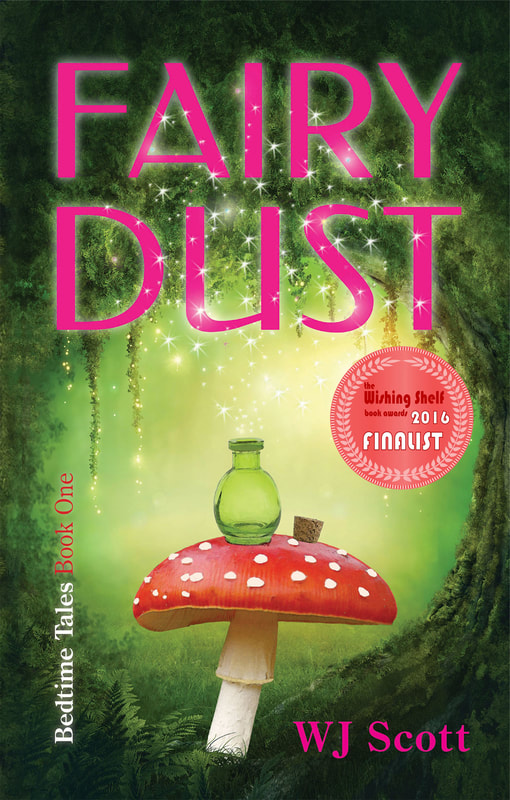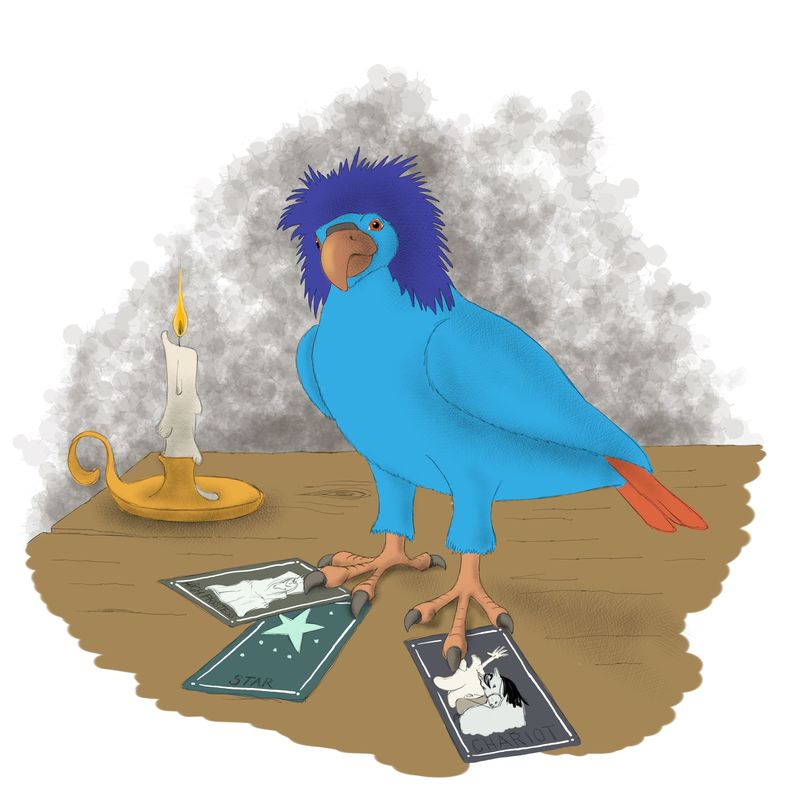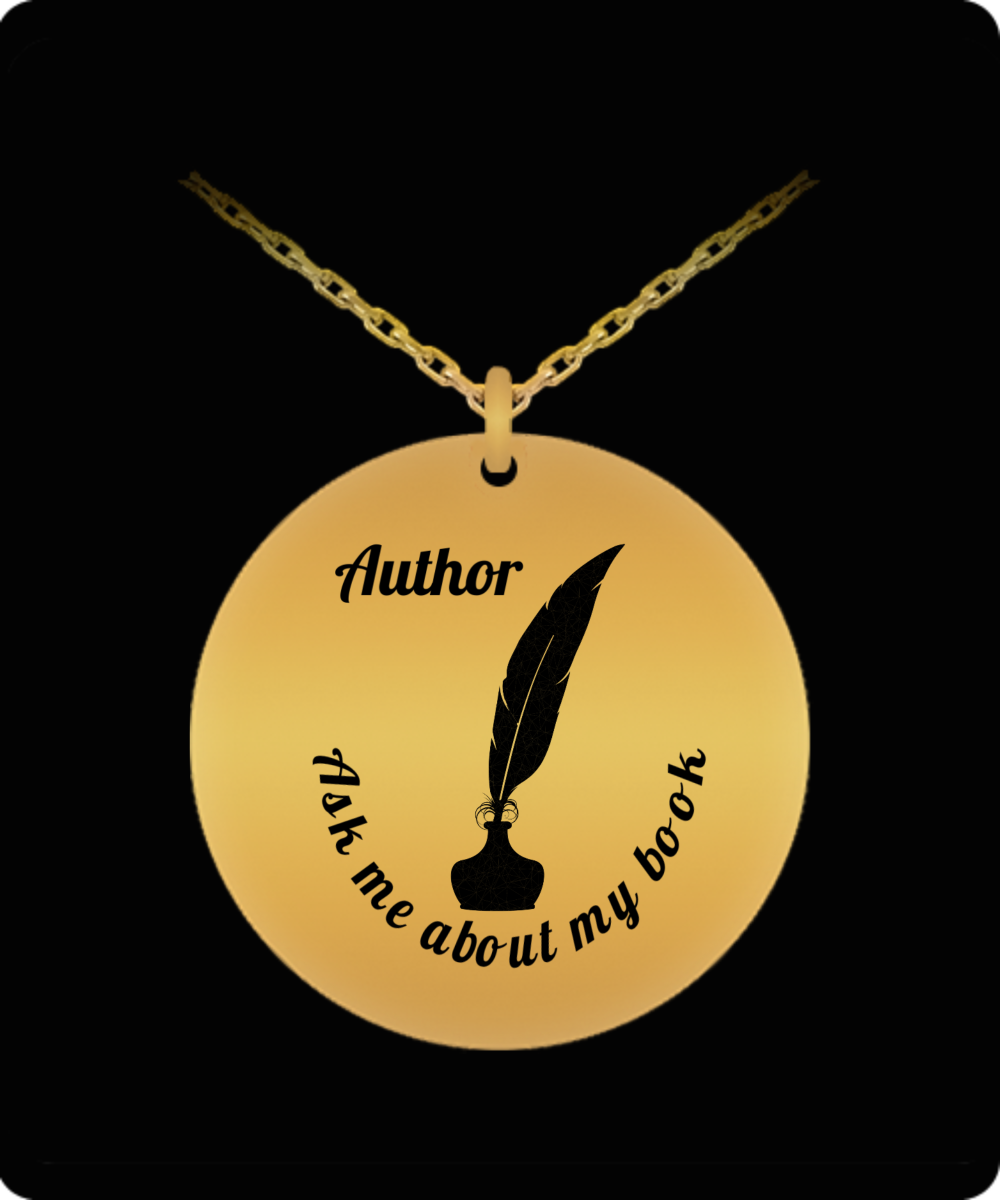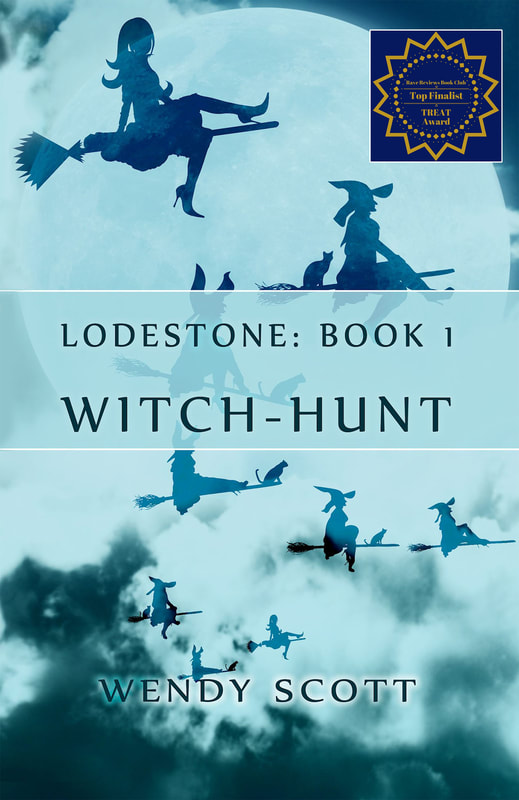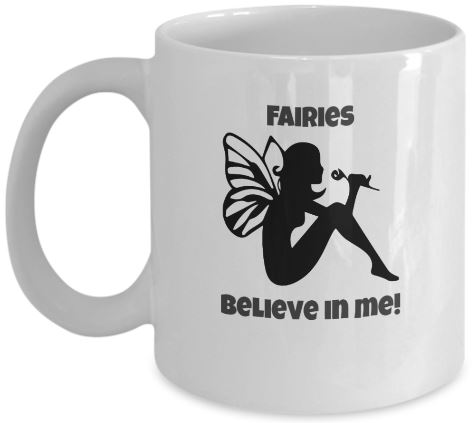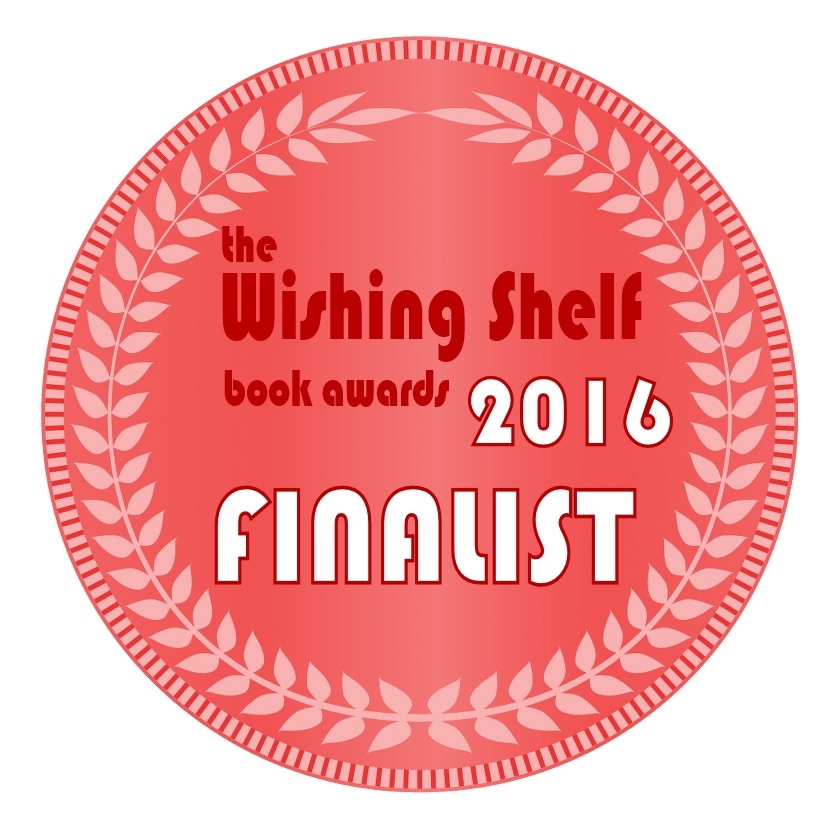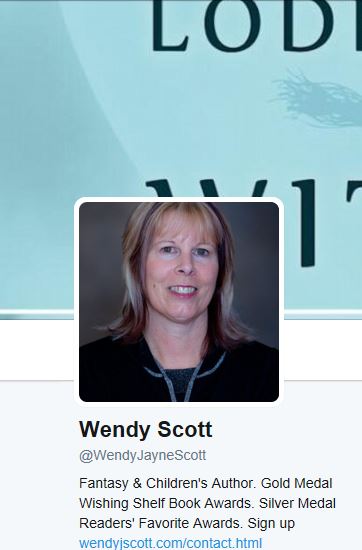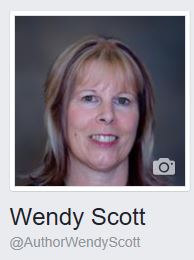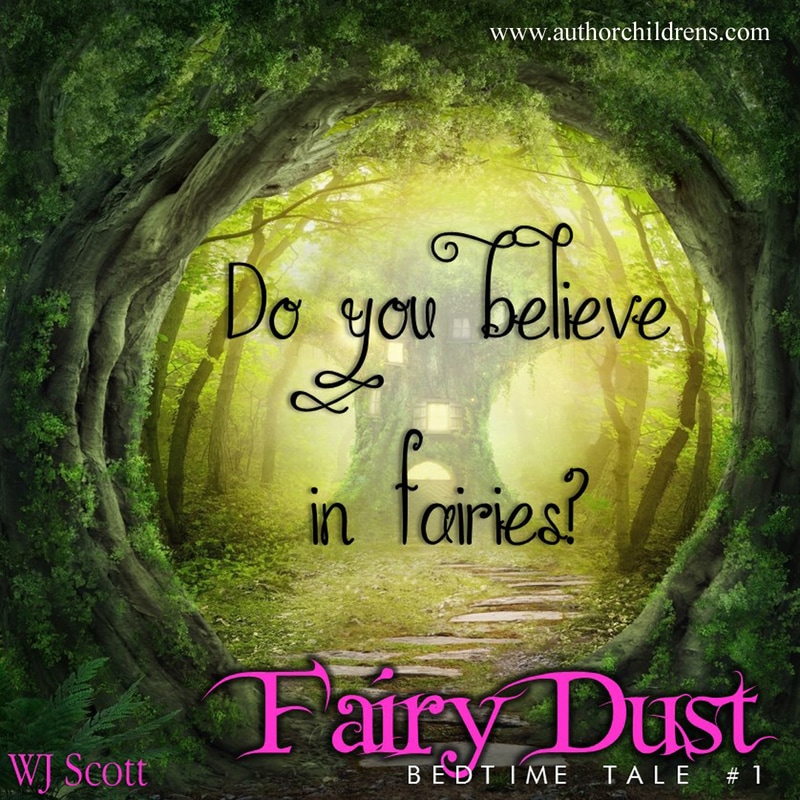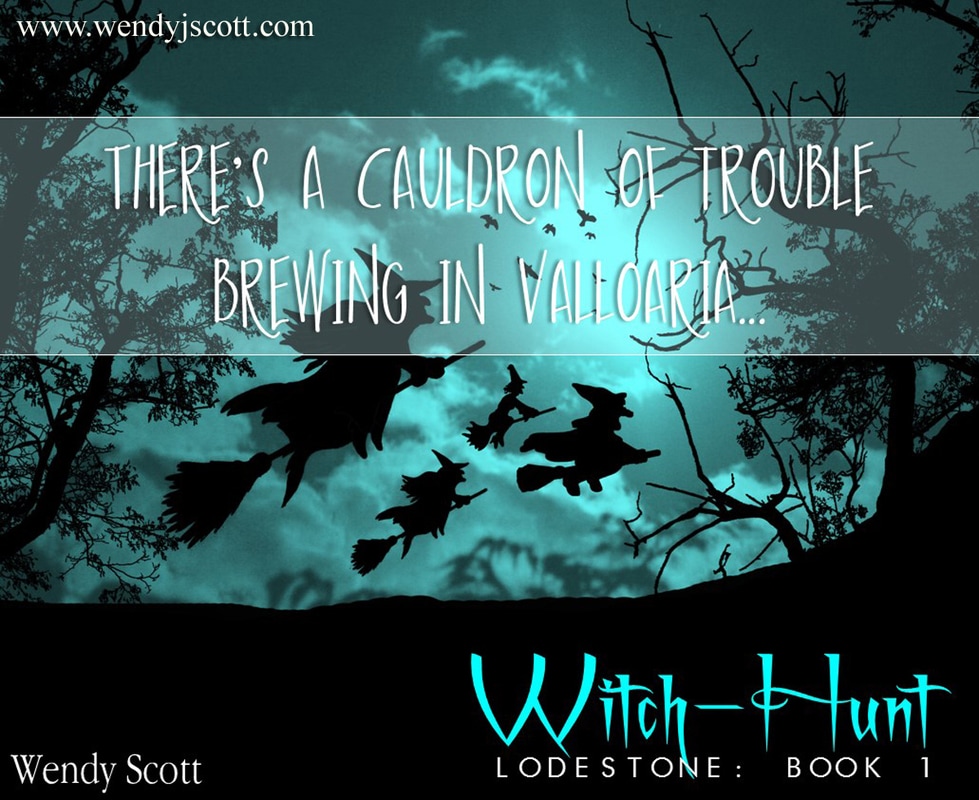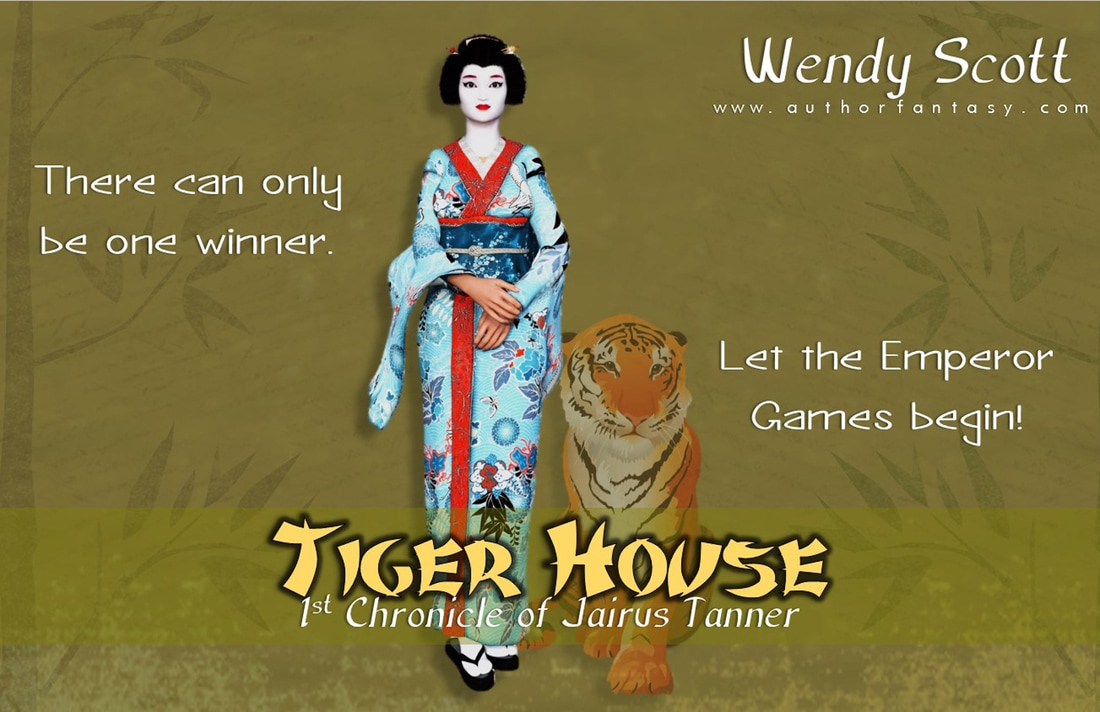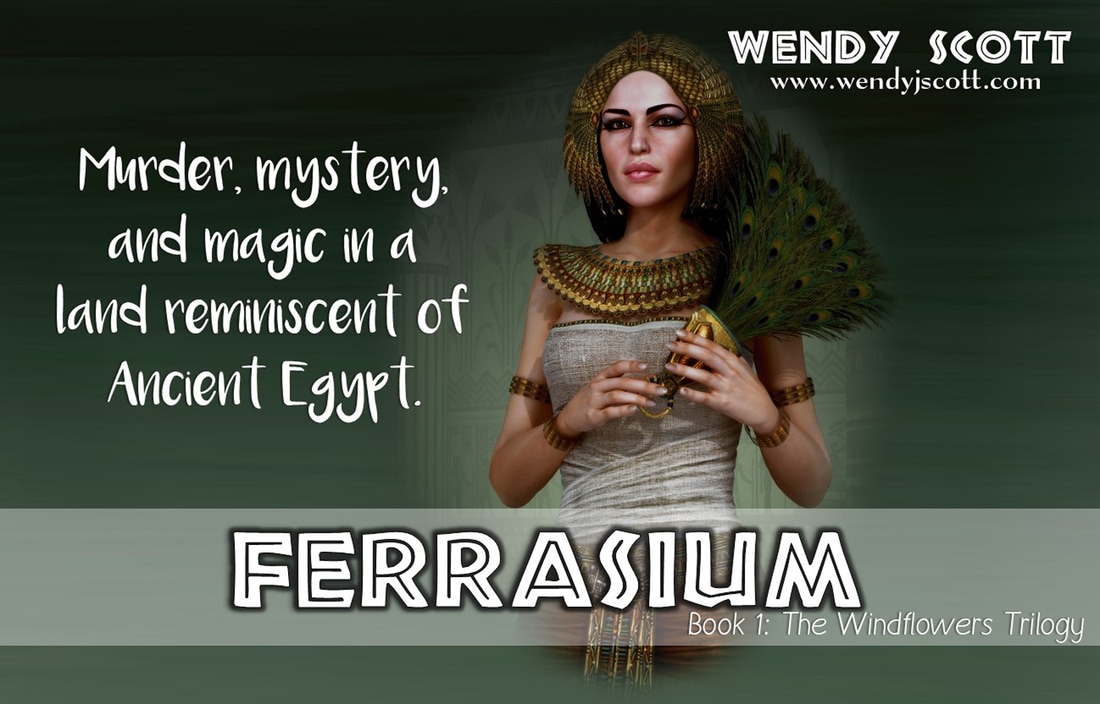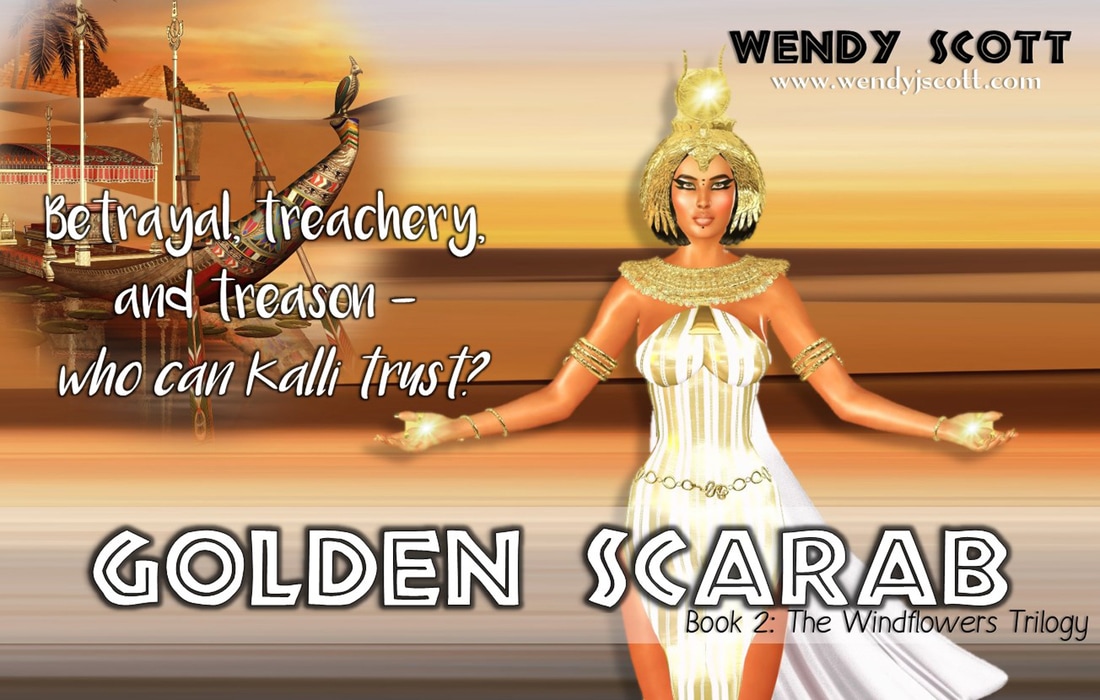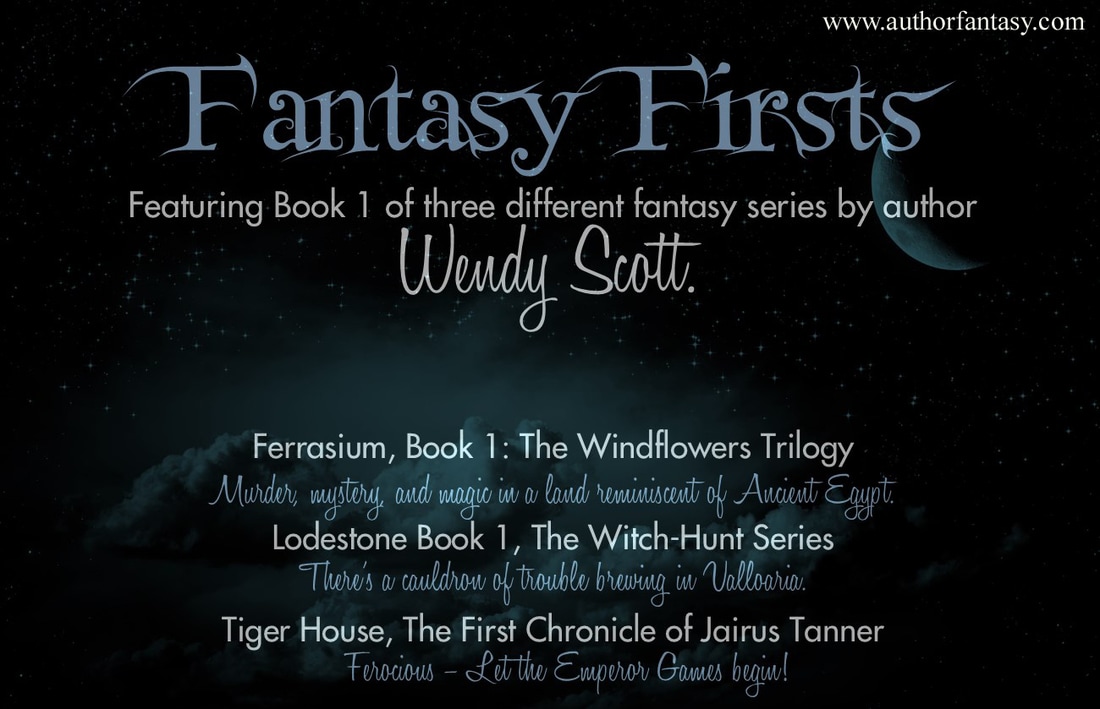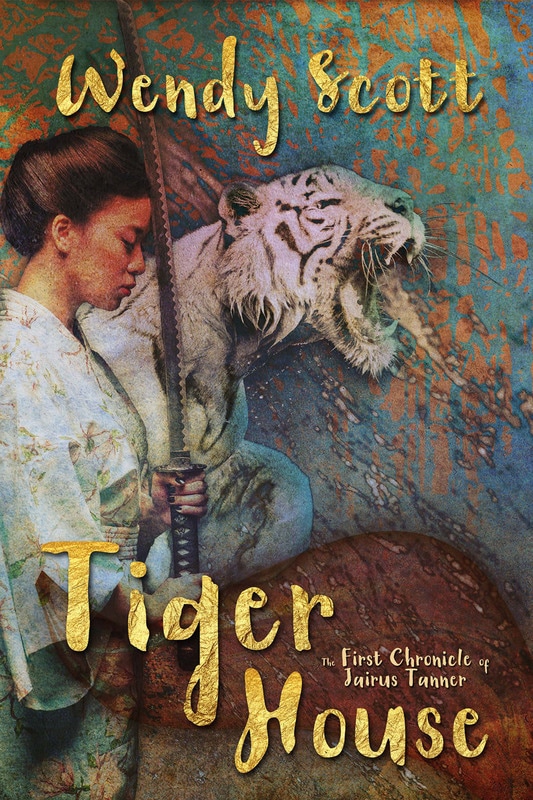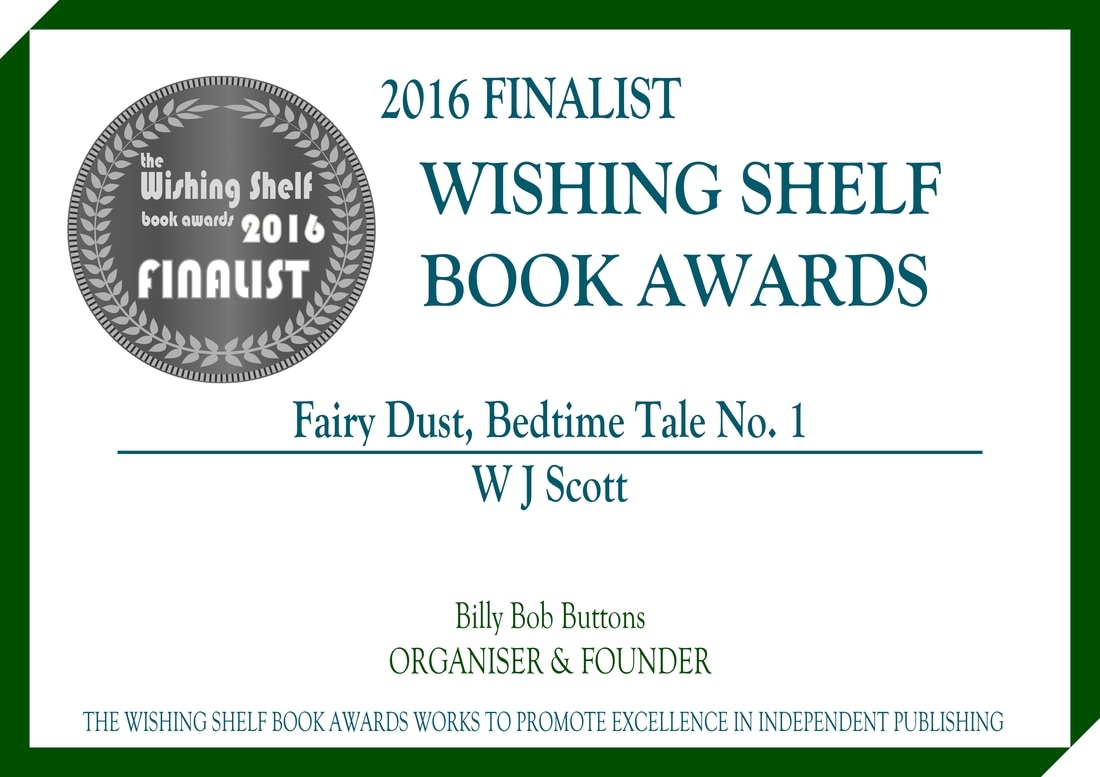It's my pleasure to feature author Rhani D'Chae.
I started writing when I was about 11 and dabbled in it over the years. I wrote one novel and a lot of poetry before deciding to focus exclusively on fiction. I started writing more seriously in 1999, and it's been a pretty consistent thing since then.
2) How many books have you authored? Please give us up to 3 titles?
I have written one novel: Shadow of the Drill, and one short story: A Perilous Thirst.
3) Do you have a writing schedule?
I tried to have a writing schedule but I'm not very good at it. It seems that life keeps interfering.
4) You’re a member of RAVE WRITERS – INTERNATIONAL SOCIETY OF AUTHORS (RWISA). Why do you think you were accepted into this exclusive group?
I was so honored when Nonnie invited me to join RWISA! I believe it was because I take writing very seriously, and my work was considered good enough to allow me entrance into that unique branch of #RRBC.
5) Modesty aside, what separates your writing from the millions of other writers in the world?
I've only published two works so far, but I like to think that they are unique based on both subject matter and writing style. I tried to create well-rounded characters that are capable of deep emotion, and I think that is one of the main reasons my work is different. At least in the Drill series.
6) If you could spend a day picking the brain of one author, who would that be? Why?
If I had to pick one author, it would probably be J.R.R. Tolkien. I have been working on a fantasy trilogy for the last few years, and his ability to create a fantasy world and keep everything realistically consistent has always amazed me. I would love to be able to get insight from him that I could then bring to the pages of my own project.
7) Are you a die-hard INDIE writer who loves having complete control of your work, or, if you were offered a publishing contract today, would you sign on the dotted line?
I love having complete control of my work as an indie author. However, if I was offered an acceptable publishing contract today it would be very hard to turn it down. I'm lousy when it comes to marketing, so hopefully a publishing contract would help with that. I also fit the category of "starving artist" perfectly, so if the contract came with any kind of an advance I would probably have to take it.
8) As an author, where do you see yourself in 5 years?
In five years I hope to have completed six or seven books in the Drill series. Aside from that, my goal is to finish four or five projects that have been gathering dust for a very long time. Oh, and I would also like to be earning some sort of stable income from my writing.
9) What is the ONE tool that has been the most beneficial tool in the marketing of your books?
I would have to say that the most beneficial tool is Rave Reviews Book Club. Without the support of #RRBC, I can honestly say that my writing would not be nearly as good as it is now, and probably no one would even know that I have books on Amazon. #RRBC consists of some of the most amazing people that I have ever met, and the knowledge/experience that they have willingly shared with me has made a tremendous difference in my work.
10) Name one writer that you know of, member or non-member of RRBC, who you feel should be added to the RWISA Roster of elite members? Why?
Suzanne Burke. She definitely knows how to put words on a page. I am currently reading Acts Beyond Redemption, and I've become quite a fan.
11) What is the one piece of advice that you could share that would be most valuable for those aspiring to not only be writers, but those aspiring to be great writers?
Be fluid and open to change. When we sit down to that first blank page, we usually have a pretty good idea of how the book is going to go. But that doesn't mean that the characters will agree. They may see themselves going in a completely different direction from what you had planned, and it's usually best to at least consider their suggestions. Different doesn't always mean wrong. Had I learned that earlier, I could have saved myself a gazillion headaches from trying to fight my way through the writer's block that came from trying to force a character down a path that he wasn't meant to walk.
12) Do you believe that writers who churn out several books a year are really putting out quality work?
I believe that a good writer can publish more than one book in a year without sacrificing quality. However, I know several writers who are so focused on quantity that everything else is lost. The writing is poor, the plot lines repetitive, and the characters lack any degree of depth. For some reason, these writers seem to think that being a "good" writer is dependent on how many books they have listed on Amazon.
13) If you had promised your fans a book by a certain date only to find that your book wasn’t the best it could be, would you go ahead and publish your book just to meet that self-imposed deadline and deliver as promised, or, would you disappoint your fans and shelve the book until it was absolutely ready? No matter your reason, please explain why?
I would absolutely shelve my work until I felt it was the best it could possibly be. Many times over the last two years I have failed to meet my self-imposed deadlines for a project that I've been working on. I could have published it many times by now, but I felt that I owed it to my readers, and more importantly to my characters, to hold off until I felt that it was right. As a reader, I would much rather wait on a book that I have been anticipating then away to be disappointed by it.
14) In your opinion, what makes a book “a great book?”
To me, a great book is one that pulls me in and won't let me go until the last page is turned. It's a book that I hate to put down and one that I will reread often. The writing doesn't necessarily have to be great, but it does need to be good. The characters need to have depth, and they need to hook me on one level or another.
15) If you received a review of your book which stated that there were editing & proofing “issues,” what’s the first thing you would do? And the second?
If I learned that there were editing issues in a book that I had published, I would immediately try to fix them, assuming that the reviewer had mentioned where in the book they were. If not, I would go through the book page by page and try to correct anything I had previously missed. Also, I would probably ask a friend to have nothing better to do to read through the book and let me know of any issues that they found. A second pair of eyes never hurts. Especially when the first pair is mine.
How I Break Through Writer's Block
I have two ways of dealing with writer's block. Neither is a surefire cure, but they do help more often than not.
The first thing that I will do is put in a movie that somehow connects me to my work. Maybe it's a plot line similar to what I am working on, or maybe there are actors/characters that I can relate to the ones that I'm trying to write about. There is an actor whose face I see whenever I think of Decker, the lead character in the Drill series. So an hour or so of watching him onscreen is usually enough to get me back on track.
My second choice is to switch projects. My writing file contains close to 30 projects, in various genres, and sometimes all that's needed is to take a dip in a different pond. It may be a day or two, but when I go back to my original project it's with a clear mind and a wealth of new ideas.
Writer's block can be so frustrating, but having one or two ways to reboot the creativity factor can sometimes make all the difference.
